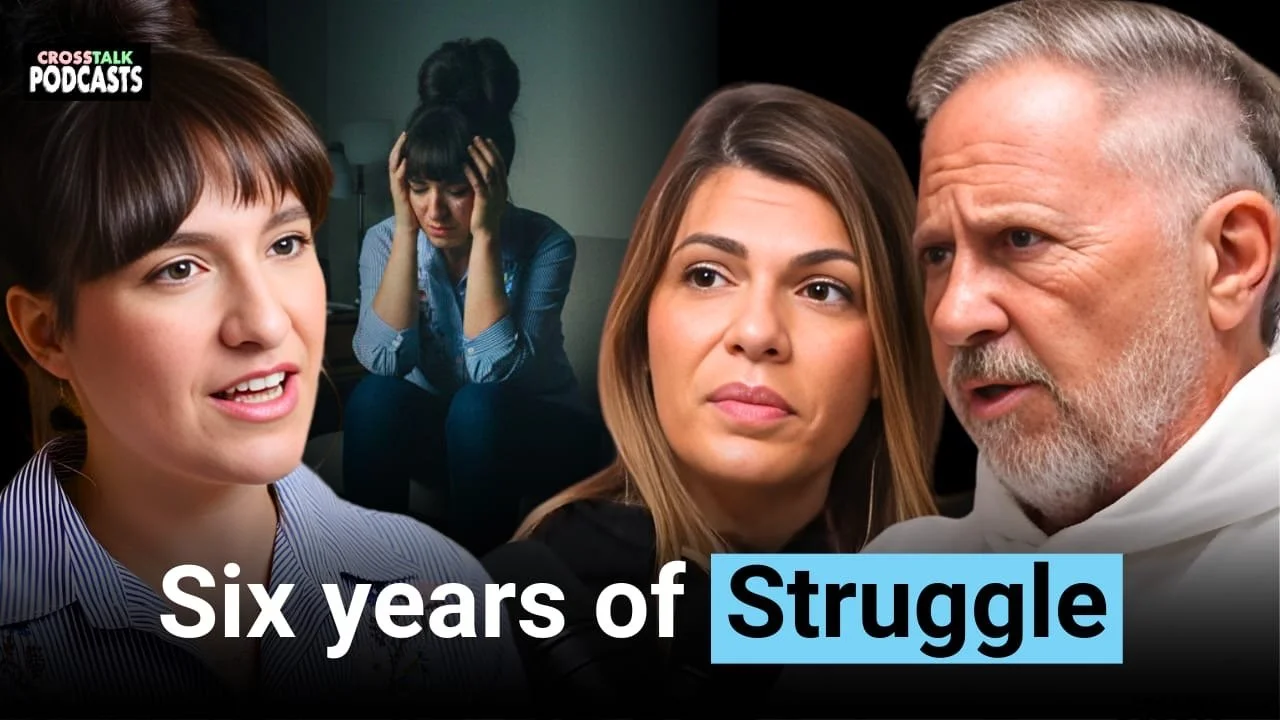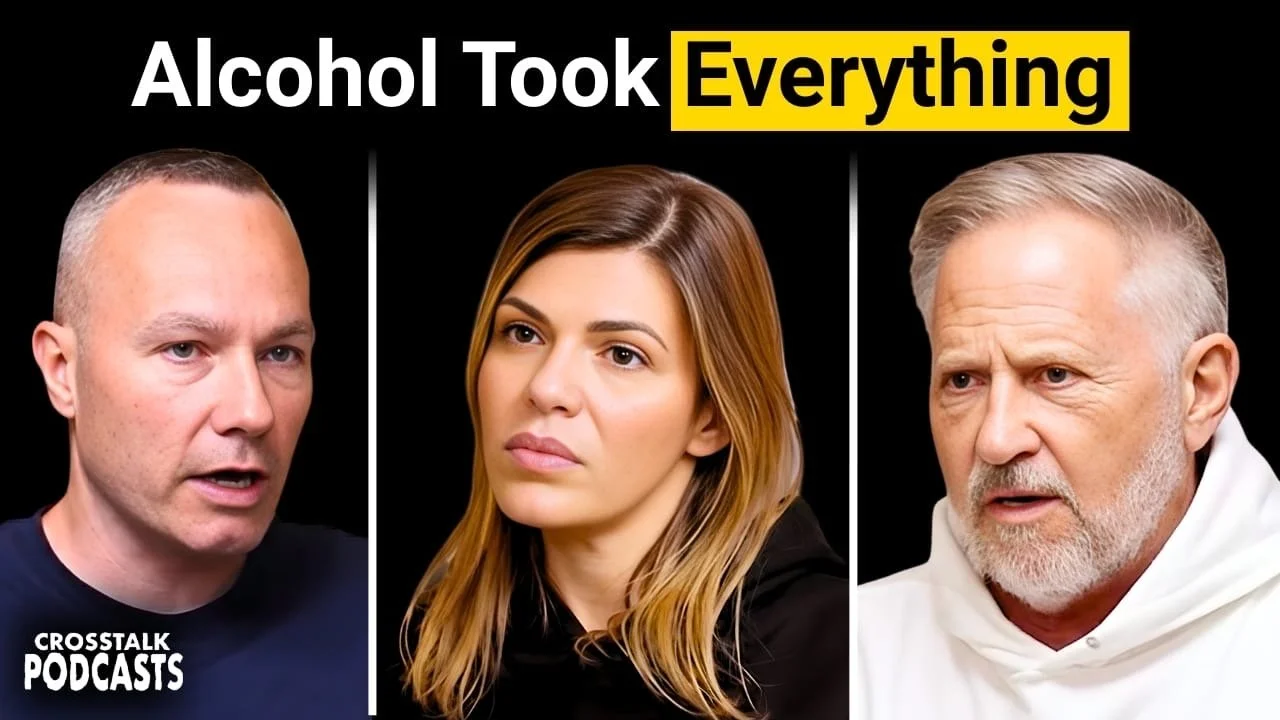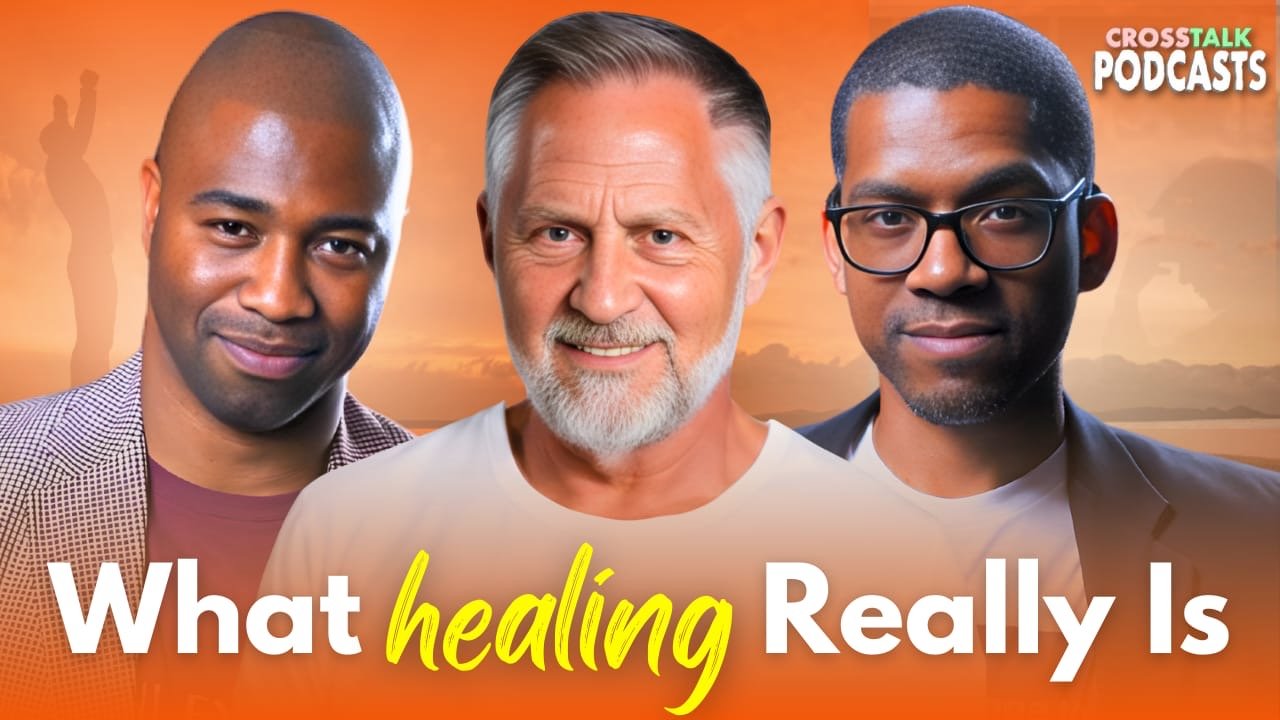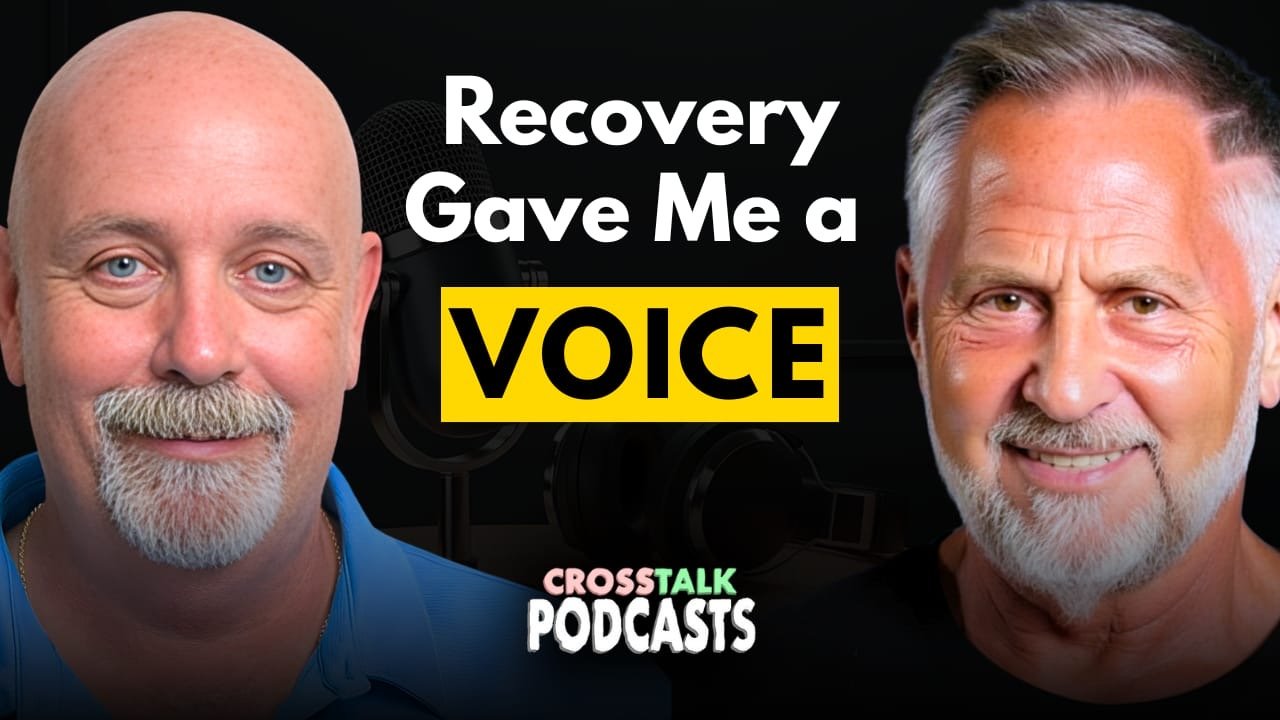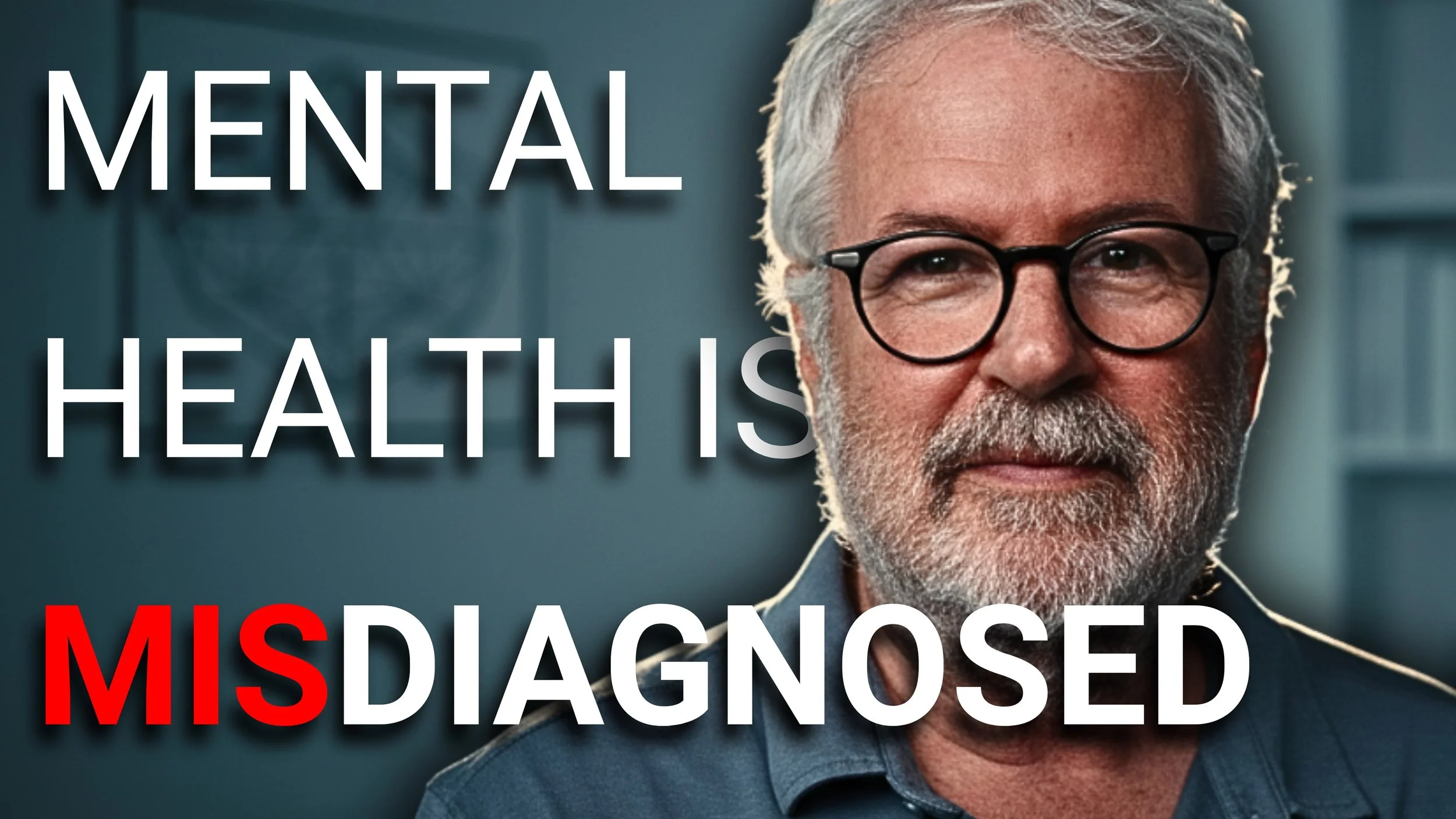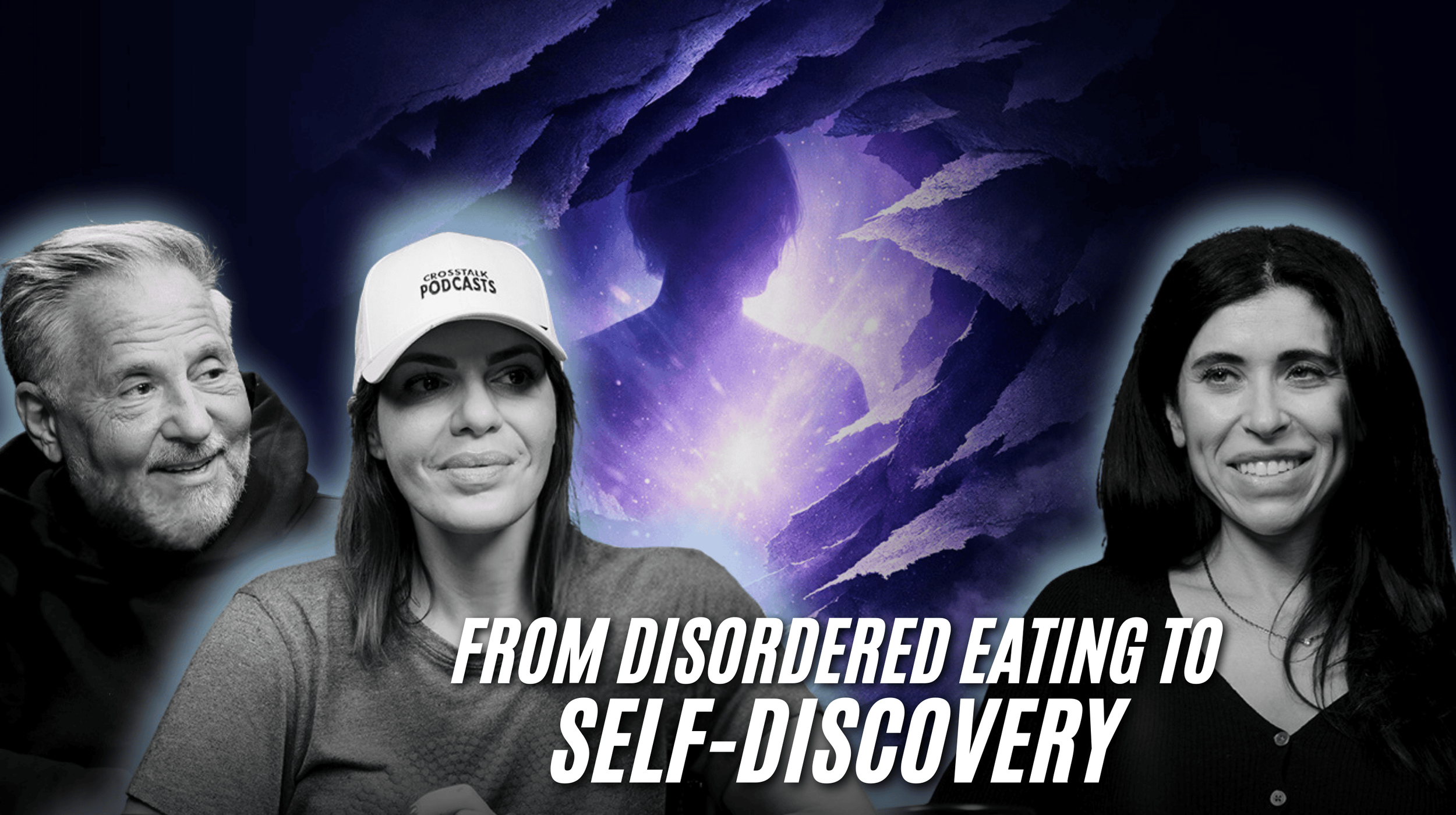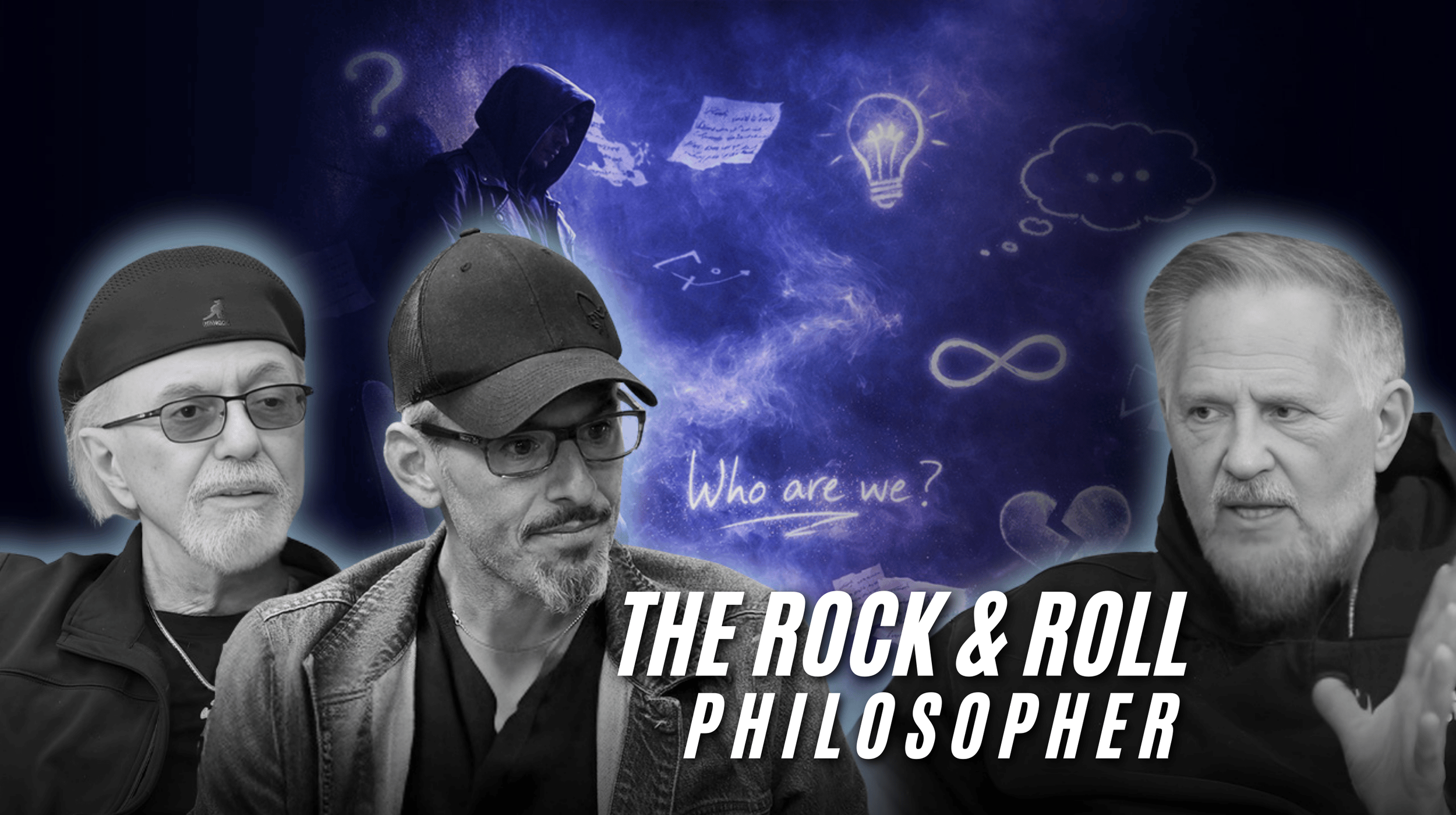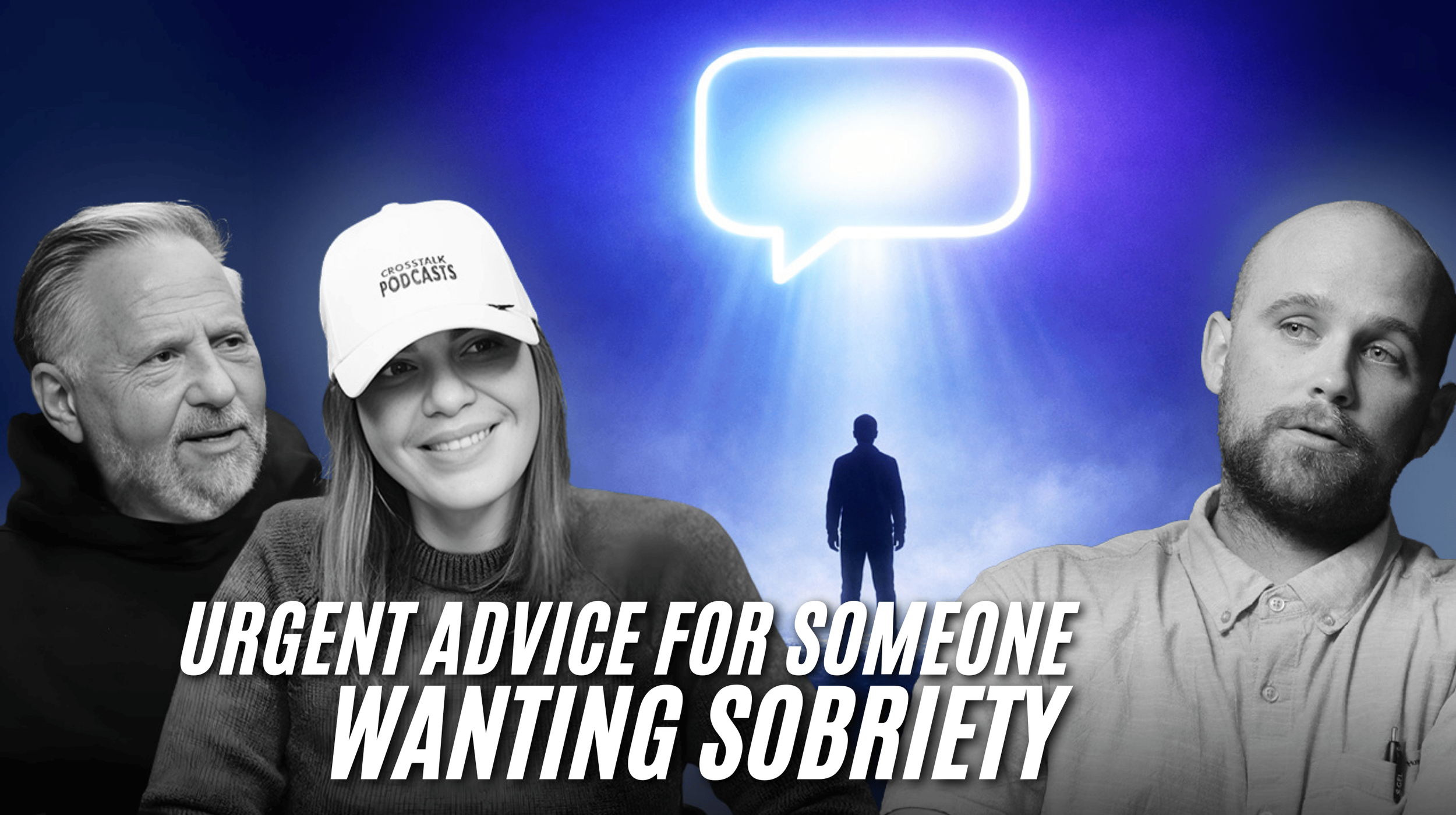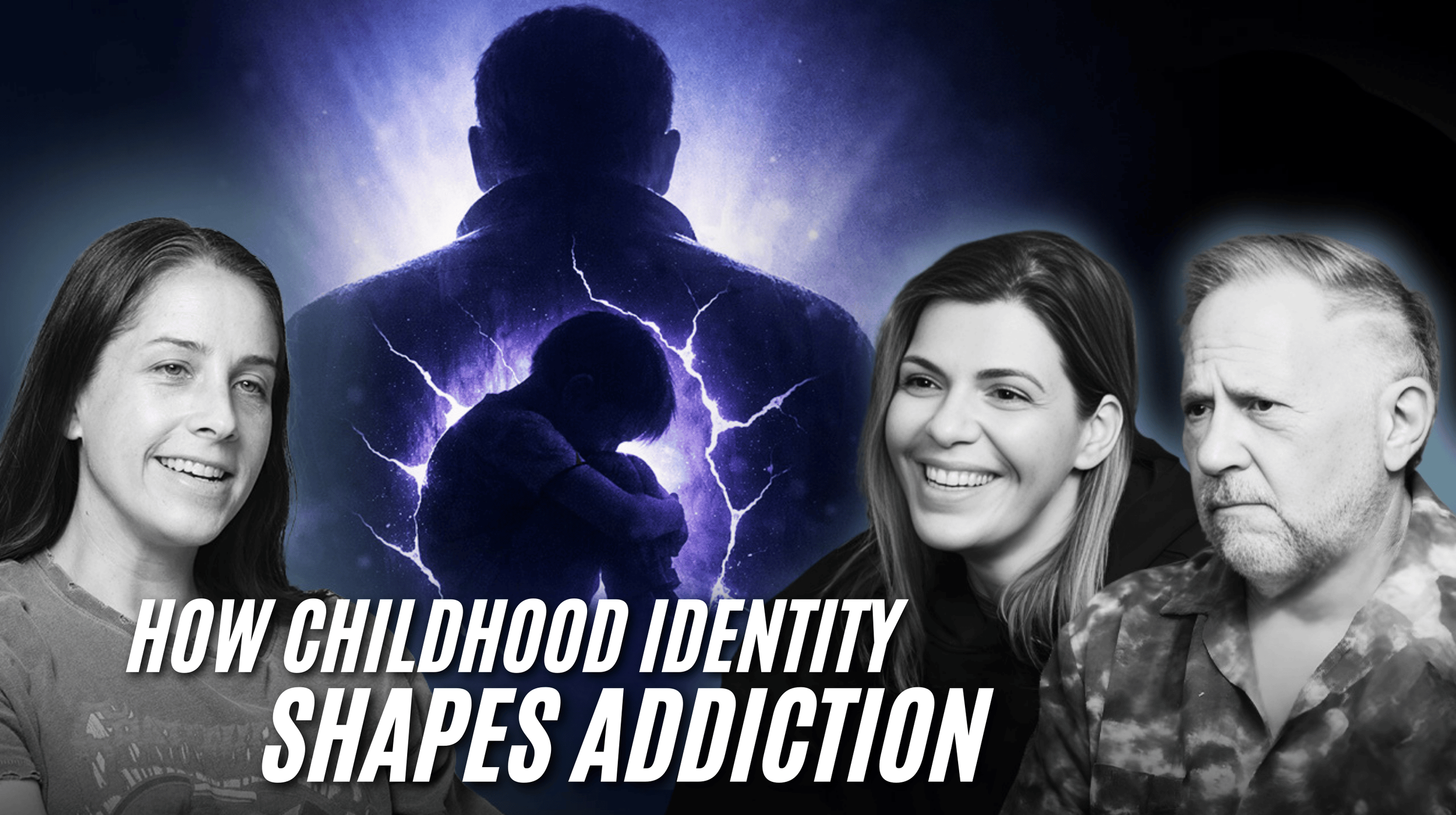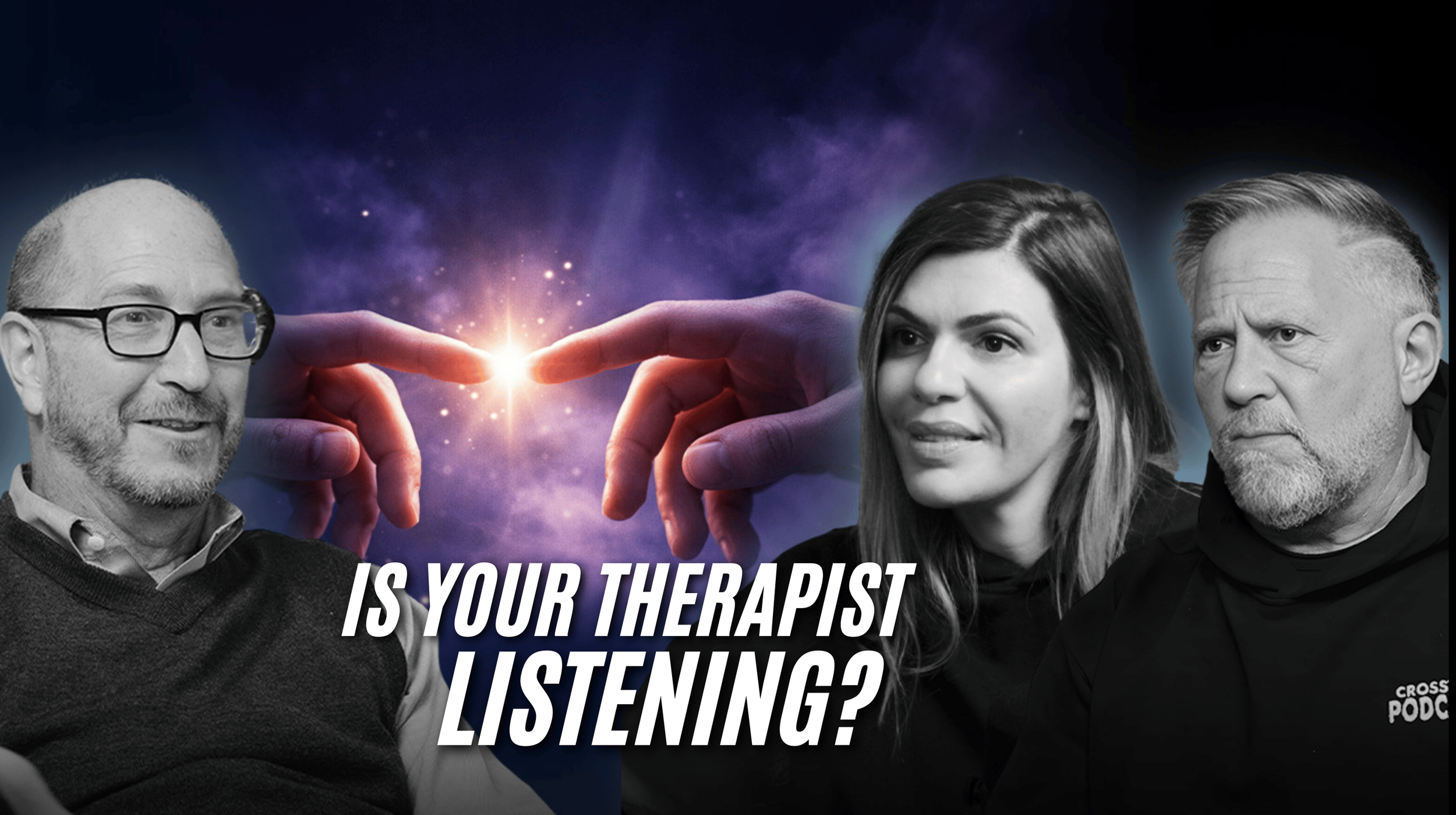Recovery & The Science of ADDICTION (Millionaire to Homeless)
Listen or watch on your favorite platforms
Show Notes
In this episode, meet Dr. Robb Kelly, an esteemed addiction specialist who went from homelessness to helping others reclaim their lives. With a childhood marked by trauma, Dr. Rob spiraled into severe alcoholism, eventually losing everything. Through a powerful transformation and a spiritual awakening, he embraced neuroscience-backed methods to aid his recovery. Now, as the founder of the Robb Kelly Recovery Group, Dr. Robb shares insights into the brain’s role in addiction and offers hope to those still struggling.
Listeners will gain inspiration and actionable insights into addiction recovery, mental resilience, and the role of neuroscience in reclaiming one’s life.
Growing Up
Dr. Robb Kelly grew up in a musical family in Manchester, England, where he first encountered alcohol at age nine while performing on stage. He recalls the comforting and transformative feeling alcohol gave him, an experience unlike his peers who often disliked their first drinks. Growing up in poverty and feeling different due to early labels like "slow learner," Robb battled with self-worth. Despite becoming a Freeman and studying at Oxford, his sense of imposter syndrome lingered, a feeling that would influence his later struggles.
First Time Engaging in Behavioral Addiction
Dr. Rob’s first encounter with alcohol was at age nine, during a family performance. Offered a beer to calm his nerves, he remembers feeling an instant, euphoric shift. Unlike others who disliked their first taste, Robb found comfort in it, marking the beginning of his journey with addiction. The allure of alcohol grew as he pursued a successful music career, playing with renowned artists, masking underlying issues as his dependency intensified.
Active Addiction
As Dr. Robb's career flourished, his addiction took a darker turn. From wealth and status, he fell into heavy drinking, which led to the loss of his medical practice, family relationships, and ultimately his freedom. His alcoholism isolated him from loved ones, damaged his health, and drove him to the brink, from near-fatal incidents to homelessness on the streets of Manchester, an unimaginable shift from his once-lavish lifestyle.
Hitting Bottom
Dr. Robb hit rock bottom after losing everything he cherished: his family, home, and self-respect. Living on the streets, he attempted suicide multiple times and, on two occasions, was clinically dead before being revived. His lowest moment came when he watched his young daughters leave with his wife, as his oldest pleaded, "Daddy, please get better." It was a cry that haunted him, piercing the depths of his despair.
Getting Help
Dr. Robb’s journey to recovery began with an encounter on the streets, where he asked for help from a higher power. This experience led him to a man named John, who became his spiritual advisor. Through rigorous self-exploration and embracing a neuro-based recovery approach, Dr. Robb overcame his alcoholism, transforming his life and dedicating himself to helping others. His neuroscience-backed approach has since evolved into the Robb Kelly Recovery Group, which achieves a 98% success rate.
What Things Look Life Today
Today, Dr. Robb Kelly is an esteemed addiction specialist known globally for his science-driven methods and passion for aiding those affected by addiction and trauma. With a focus on helping high-profile clients, he also runs the Robb Kelly Foundation, providing resources for individuals in need. His inspiring journey continues as he shares his story to break addiction's stigma and offers hope to those battling similar challenges.
FAQs
What is the difference between alcoholism and drug addiction?
Alcoholism is often linked to genetic predisposition, while drug addiction typically develops from external influences.
What is neuroplasticity, and how does it aid recovery?
Neuroplasticity is the brain's ability to reorganize itself by forming new neural connections, aiding in overcoming addictive patterns.
Is it possible to fully recover from addiction?
Yes, with proper treatment and support, many individuals, like Dr. Rob, experience lasting recovery.
How can childhood trauma impact addiction?
Childhood trauma can increase vulnerability to addiction, as it often creates deep-seated behavioral patterns linked to coping mechanisms.
What are some effective therapies for addiction recovery?
Treatments like 9D breathwork, Neuro-Linguistic Programming (NLP), and trauma therapy have shown to be effective.
Related episodes
ABOUT CROSSTALK
CROSSTALK reveals real stories of everyday people and notable figures, sharing their journeys from struggles to life-changing 'aha' moments with all kinds .



 Spotify
Spotify





